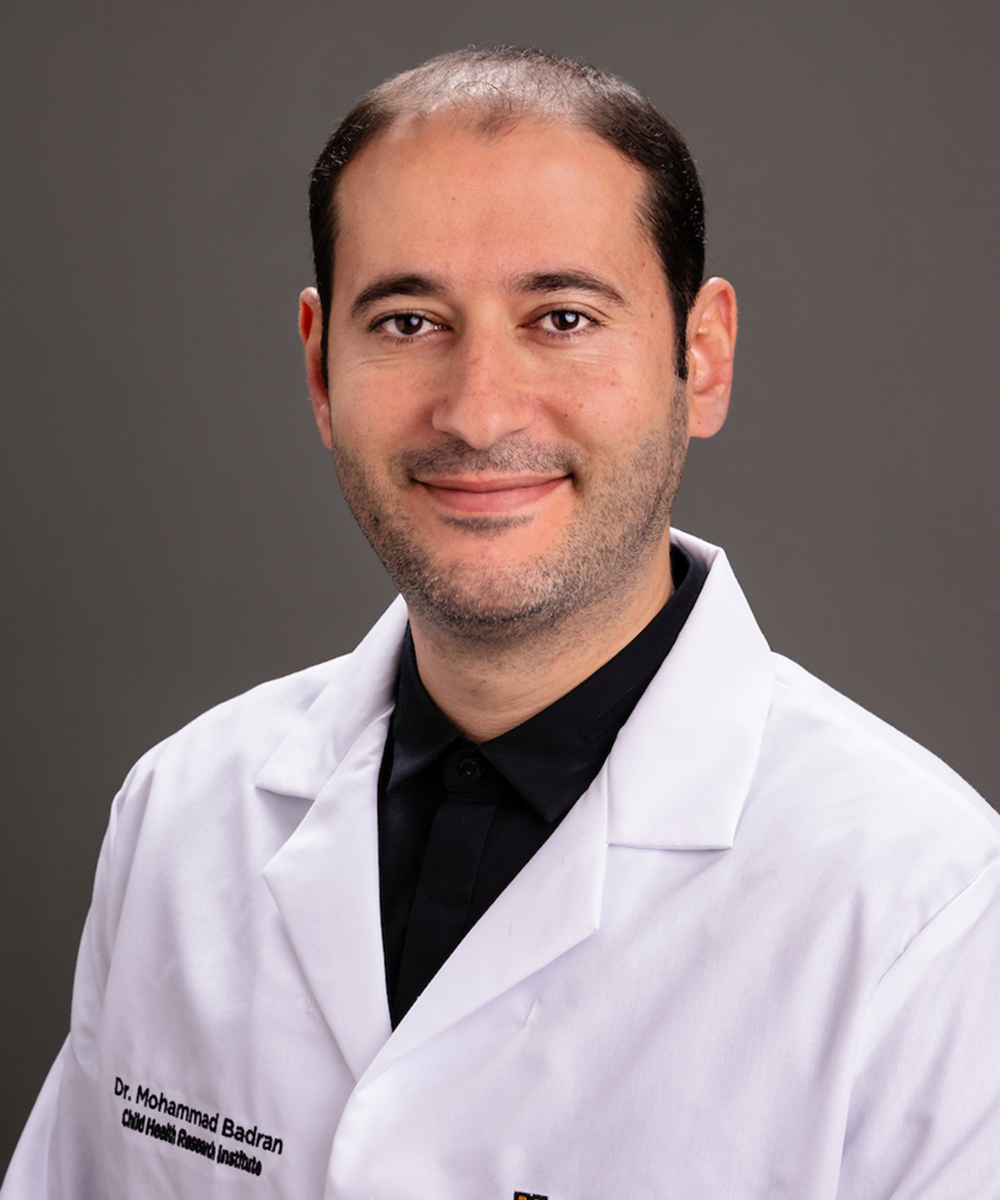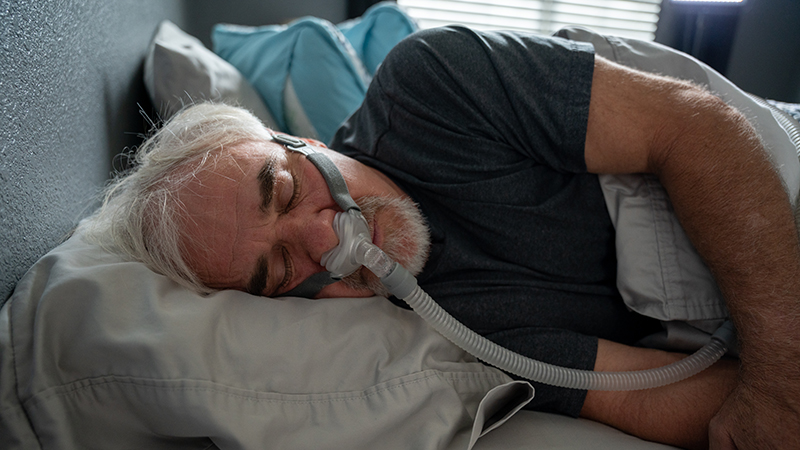Profile
The lab research of Mohammad Badran, PhD, focuses on unraveling the pathophysiological consequences of obstructive sleep apnea (OSA), particularly within the cardiovascular system. With the limited efficacy of existing OSA treatments, the Badran Lab aims to identify adjuvant therapies using murine models that replicate OSA conditions, including intermittent hypoxia and sleep fragmentation. Beyond traditional approaches, we recognize the need for innovative solutions. In addition to investigating direct cardiovascular interventions, the Badran Lab’s research extends to the emerging field of gut microbiome modulation. Understanding the pivotal role of the gut microbiome in systemic health, we aim to explore its influence on OSA-related cardiovascular complications. Through these efforts, we aspire to contribute valuable insights, advancing the therapeutic options available to individuals affected by this prevalent sleep disorder. This holistic approach positions our lab at the forefront of innovative OSA research, aiming to bridge the gap in effective treatments and enhance patient outcomes.
Academic Information
Office
7 Hospital Dr
M148A-B (Lab), MA104C (Office)
Columbia, MO 65201
United States
Research Interests
- Sleep Disordered Breathing
- Cardiovascular Disease
- Sleep Disorders
- Gut Microbiome
Areas of Expertise
- Obstructive Sleep Apnea
- Cardiovascular Physiology
- Sleep fragmentation and Deprivation
- Gut microbiome
Education & Training
Degrees
2019 PhD University of British Columbia
2013 MSc University of British Columbia
2009 B Pharm Applied Science University
Fellowship
2019 - 2021 University of Missouri
Awards & Honors
- 2021 American Thoracic Society Grant for Sleep (40,000 USD/year)
- 2015-2018 UBC Four Year Fellowship Award (18,000 CAD/year)
- 2015 Sleep Research Society Merit Based Award
- 2013-2015 UBC Faculty of Medicine Graduate Award (4,500 CAD/year)
- 2009 Graduated from Pharmacy school with Excellence, Honors List
In the News
Publications
- M. Badran, C. Puech, A. Khalyfa, R. Cortese, K. Cataldo, Z. Qiao, D. Gozal,
Senolytic-facilitated Reversal of End-Organ Dysfunction in a Murine Model of Obstructive Sleep Apnea.
Am J Respir Crit Care Med, (2023). - M. Badran, C. Puech, M. B. Barrow, A. R. Runion, D. Gozal,
Recovery Mimicking "Ideal" CPAP Adherence Does Not Improve Wakefulness or Cognition in Chronic Murine Models of OSA: Effect of Wake-Promoting Agents.
Arch Bronconeumol 59, 805-812 (2023). - M. Badran, C. Puech, M. B. Barrow, A. R. Runion, D. Gozal,
Solriamfetol enhances wakefulness and improves cognition and anxiety in a murine model of OSA.
Sleep Med 107, 89-99 (2023). - C. Puech, M. Badran, A. R. Runion, M. B. Barrow, K. Cataldo, D. Gozal,
Cognitive Impairments, Neuroinflammation and Blood–Brain Barrier Permeability in Mice Exposed to Chronic Sleep Fragmentation during the Daylight Period.
Int J Mol Sci 24, 9880 (2023). - C. Puech, M. Badran, M. B. Barrow, A. R. Runion, D. Gozal,
Solriamfetol improves chronic sleep fragmentation-induced increases in sleep propensity and ameliorates explicit memory in male mice.
Sleep 46, (2023). - M. Badran, A. Khalyfa, A. C. Ericsson, C. Puech, Z. McAdams, S. B. Bender, D. Gozal,
Gut microbiota mediate vascular dysfunction in a murine model of sleep apnoea: effect of probiotics.
Eur Respir J 61, (2023). - M. Badran, S. B. Bender, D. Gozal,
Cardiovascular Disease in Obstructive Sleep Apnea: Putative Contributions of Mineralocorticoid Receptors.
Int J Mol Sci 24, (2023). - C. Puech, M. Badran, A. R. Runion, M. B. Barrow, Z. Qiao, A. Khalyfa, D. Gozal,
Explicit memory, anxiety and depressive like behavior in mice exposed to chronic intermittent hypoxia, sleep fragmentation, or both during the daylight period.
Neurobiol Sleep Circadian Rhythms 13, 100084 (2022). - M. Badran, D. Gozal,
PAI-1: A Major Player in the Vascular Dysfunction in Obstructive Sleep Apnea?
Int J Mol Sci 23, (2022). - M. Badran, S. B. Bender, A. Khalyfa, J. Padilla, L. A. Martinez-Lemus, D. Gozal,
Temporal changes in coronary artery function and flow velocity reserve in mice exposed to chronic intermittent hypoxia.
Sleep 45, (2022). - M. Badran, B. Abuyassin, N. Ayas, D. D. Sin, I. Laher,
Vascular and renal telomere shortening in mice exposed to chronic intermittent hypoxia.
Can J Physiol Pharmacol 99, 1112-1113 (2021).



